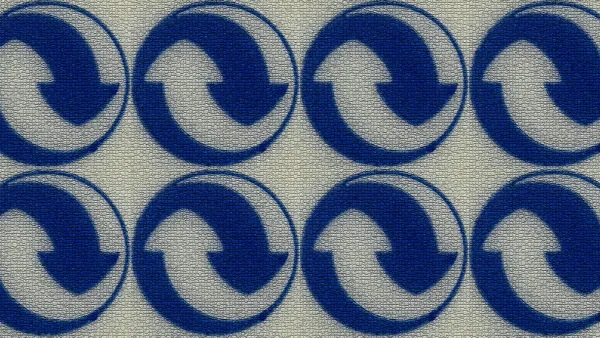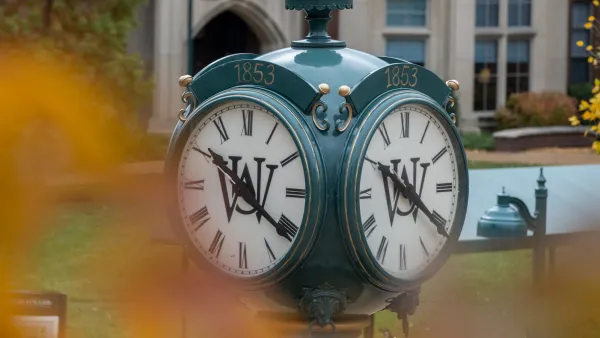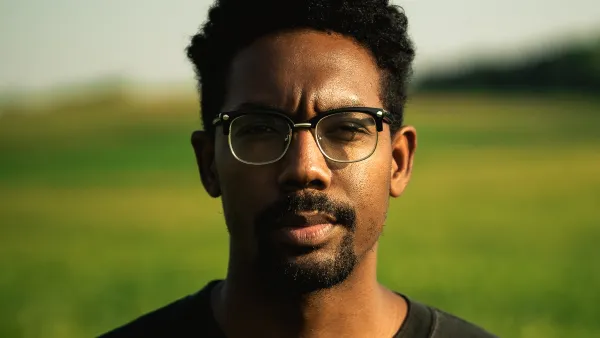A conversation with Kling and Mellon Mays fellowship directors Jean Allman and Jonathan Fenderson
What does it take to join the professoriate – and would you want to? Those questions ground Arts and Sciences’ two undergraduate honors fellowships in the humanities, the Mellon Mays Undergraduate Fellowship and the Merle Kling Undergraduate Honors Fellowship. Over a two-year period, students accepted into the programs are matched with faculty mentors and attend weekly seminars to learn how to develop a scholarly research question, how to create and execute a research plan, and what it means to be a good citizen of the academy.
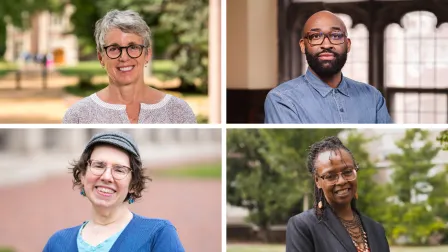
Faculty director Jonathan Fenderson, associate professor of African and African-American studies, emphasizes the Mellon Mays Undergraduate Fellowship’s role as “an intimate learning community” that creates space for minority and underrepresented students to take a deep dive into humanities and social science research. Funded by the Andrew W. Mellon Foundation, the program, now in its 30th year, aims to diversify the academy and to provide students from underrepresented communities the support they need to excel in it.
Taking the Mellon Mays Fellowship as its model, the Merle Kling Undergraduate Honors Fellowship takes a similar approach, with a focus on facilitating the students’ original research and demystifying careers in the academy, says faculty director Jean Allman, the J.H. Hexter Professor in the Humanities and director of the Center for the Humanities.
“I can remember when I was a freshman at university I didn’t know what a graduate student even was,” Allman says. “We try to make institutions of higher learning more transparent to students and then to explore the pathways into those institutions if they’re interested.”
Below, we talked to Fenderson and Allman about the push-and-pull of teaching the research process, the students’ “fingerprints” on one another’s work and the moments of self-discovery they make along the way.
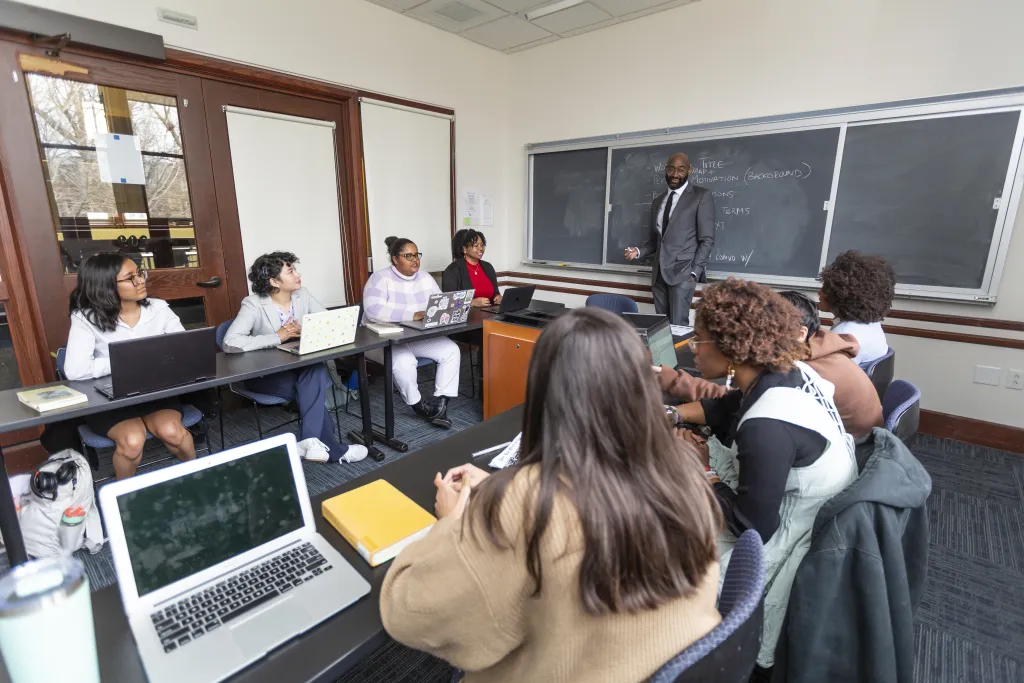
What are your goals for the students in each cohort?
Jonathan Fenderson: The first thing I do is to help them to understand the different definitions of a fellowship. I want them to, yes, think about the fellowship as financial support, but, more importantly, to think about the definition of “fellowship” that emphasizes a community or a group of people coming together to be supportive of each other for a common goal. It’s learning how to be a good colleague, how to be supportive, how to give good feedback and how to help people through stressful times.
Then I try to focus on helping them craft a research question and explore the different research methods that will allow them to pursue that question. By the end of their junior year, they’ve hammered out a solid research question and they’ve identified a way to answer that question — the method, the primary-source materials they want to work with, etc. As seniors, it's a matter of just executing the research plan.
For most of us who do research, we always have this great plan at the beginning, and at some point it changes. I try to share with them that research is a living thing that causes the researchers to constantly adapt and change and rework their plan. Ultimately, by the time they are finished with the Mellon program, all of the seniors have produced a senior thesis. Usually it’s a multi-chapter, long-form project that they have conceptualized and thought through; they’ve conducted all the research for; and they have some type of findings or main argument that they’ve advanced in this work.
There are a few ways we measure our success: the most immediate way is by ensuring that the students successfully complete their thesis and gain a deeper understanding of the research process. We want the fellows to be able to recognize their intellectual growth and feel empowered through their research experience. And we also want each fellow to walk away with a sense of community and connection to the other fellows and to the program. We want them to think about the unique experience they had but also about the importance of building a supportive network if they decide to pursue a career in the academy.
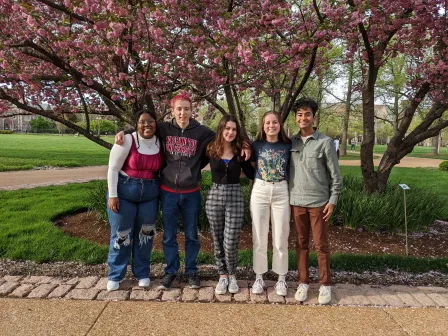
Jean Allman: I could just follow everything Jonathan says with “ditto, ditto, ditto.” But I’ll rephrase it slightly differently.
The big goal is to get students to understand research as a process. These students are highly motivated, but they’re also very attentive to grades. They tend not to want to go out on a limb. At first, they don’t believe me when I say, “I want you to understand the process, and the process might not end with the perfect paper. I care less about what you end up with than I do that you really explore each of these pieces of the research puzzle.”
It’s about that tacking back and forth between “This is my question” and “Oh, this evidence doesn’t quite answer that question” and so you revise the question. They begin to appreciate that that’s what it’s actually about, revising and rethinking and meeting the new challenges — “That interlibrary loan didn’t come in, now I have to do this.” Once they realize they can experience challenges and not worry about failing, it goes smoothly.
I want them to recognize a good question and how to think about methods that help answer that question. Then, I ask them to take the big leap and to think of themselves as in dialogue, as peers, with other scholars. They’re accustomed to reporting on secondary literature, but not engaging it and thinking of their work as being in conversation with the work of other scholars. It’s a long process to get them not to treat the secondary source the same as a primary source of evidence. It’s a big step to be able to situate their work in an intellectual landscape in a meaningful way.
While it is true that for those students who go on to graduate school or law school or the Fulbright program, their final Kling paper is usually an excellent piece of original writing that is tailor-made for applications of all sorts. But that final product isn’t more important than the process that led to that final product. It’s the skills learned through the process that students will carry with them for a lifetime.
Fenderson: That’s right! Another thing that’s important is that they understand that all intellectual work is a collective enterprise. Each single-author book or single-author paper is still a collective enterprise; you’re incorporating other people’s ideas. As much as we want them to understand themselves as individual scholars, we want them to understand their connection to everyone else. All of us who value our colleagues in the academy can point to other people’s fingerprints on our work.
Another thing that’s important is that they understand that all intellectual work is a collective enterprise. ... As much as we want them to understand themselves as individual scholars, we want them to understand their connection to everyone else. All of us who value our colleagues in the academy can point to other people’s fingerprints on our work.
The cohorts themselves are quite interdisciplinary. How does that shape what each student produces?
Allman: Because they’re so interdisciplinary, they push each other. They each have different sets of questions. The students will say to each other, “But I don’t understand what you’re saying.” They remind one another that not everybody is in the same discipline and they’re not going to understand particular theories or methods, so in their writing they push each other to understand voice and audience in interesting ways.
They also push each other in completely new research directions. A student working on urban gentrification might be asked, “Have you thought about what GIS would contribute to your project?” The next thing you know, they are off and running. Again, and as Jonathan so eloquently described it, it is an extraordinary collective enterprise. Talk about fingerprints! Their fingerprints are all over each other’s papers — and they know it — by the time they’re done.
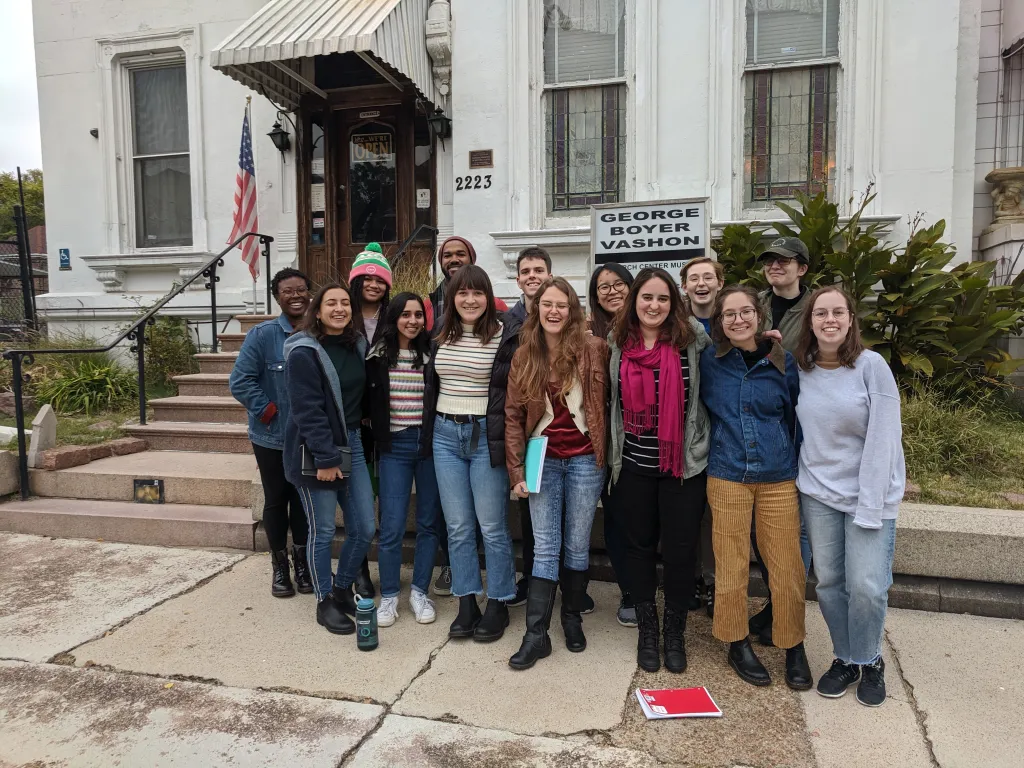
Fenderson: I would just agree with everything Jean said. The benefit of having a kind of community that’s so interdisciplinary is not only does it help us understand the way other people are thinking about things, but it helps us situate ourselves better. Sometimes we’re so close to the topic and we know the immediate audience we’re speaking to, but somebody who’s further away can shine a light and give us a sense of exactly where we’re standing.
Sometimes the students get a little nervous about the interdisciplinary factor and, then, when you have a conversation about it, they realize human beings don’t fit into disciplines. They’ve been thinking interdisciplinarily their whole lives. In fact, we’re not asking them to change their behavior as much as we’re asking them to take stock of all the ways they’ve already been doing these things.
Over the past decade, we can see the students’ research topics becoming more closely related to particular aspects of their identities. What are your thoughts on this shift?
Fenderson: For Mellon, it is an explicit emphasis that often emanates from the mission of the program. Many of our students have selected topics that are close or connected to something that they’ve lived through, or they know people who are living through, or it’s a part of an interest that they’ve had to cultivate off campus but they have intellectual questions about.
I think this is in some ways a reflection of the moment we’re living in. It’s a reflection of Black Lives Matter; it’s a reflection of the women’s movement, of living through the Trump era. These questions are weighing on society, and they’re trying to chisel a small portion of these big questions out and focus on them. It helps them answer questions about their lives at the same time.
Allman: I think almost everybody’s research traces back to some personal experience, but I do think we’re in a moment when identity plays an especially prominent role. Through the fellowship, students can develop a research question that addresses some aspect of their identity, the world around them and their scholarly interests. Watching students stitch these things together — encouraging and nurturing these unfolding, complicated projects through all these different steps — is so rewarding.
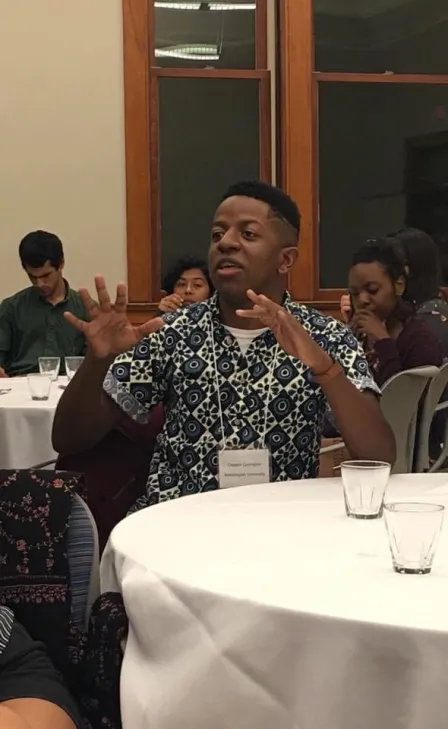
Are there any milestones or moments that you particularly enjoy during the fellowship?
Fenderson: The University of Chicago just hosted our regional conference, and it was a big milestone. It was good to see the junior class realize just how much research they had actually already done and how far along they were in their projects. I think when students first join the program, there's a lot of anxiety about being able to produce original research. When they present their research, that’s when it clicks in their mind, “Oh, wow, I didn’t know I had done all this. I didn’t know I had command of all this. I didn’t know that I was as clear in my thinking, that I engaged this many texts.” That’s the moment when a sense of joy sweeps over me because I know they get it; it’s clicked for them; they believe in their ability now.
And now it’s just a matter of kind of continuing to work with them to reach whatever goals they have in front of them. They now understand that they have the ability to do this, and self-doubt kind of disappears. It switches from “Do I have the ability to do this?” to “My real obstacle is time management.” That is a big moment for me.
Allman: I like when there’s a really knotty, messy problem that the student butts up against — like the sources that didn’t come in via interlibrary loan or they have a mentor who says, “Oh, I had a student do that two years ago,” the “oh no!” moments — and then the student figures it out. They come out on the other side of that massive challenge and realize that even though they thought that it was the end of the world, they were able to figure out a way around and it’s an even better project, which it is, inevitably. Then, they understand, “Oh, that’s what this process is about.” It’s the process that matters.
I think “figuring out a way” will stick with them. Every now and then, you get students who glide right through without hitting a major obstacle, and I’m not sure they get quite as much out of the program.
I like when there’s a really knotty, messy problem that the student butts up against — like the sources that didn’t come in via interlibrary loan or they have a mentor who says, “Oh, I had a student do that two years ago,” the “oh no!” moments — and then the student figures it out. ... I think “figuring out a way” will stick with them.
How do the fellowships help the students to think about their futures?
Allman: In all kinds of ways: do they actually like research, can they do something on their own, without someone looking over their shoulder, what are they good at, what are they passionate about, what do they enjoy and what do they not enjoy. They figure out a lot about themselves.
I also think their engagements with the humanities center’s Faculty Fellows and Graduate Student Fellows can be really informative. At the best of those meetings, which happen every semester, the visiting fellows are brutally honest about why they went to graduate school or if they wish they hadn’t. They’ll ask grad students, “Do you think you’re going to get a job?”
By the time they’re leaving the program, they have gathered a lot of information about whether they should do a master’s first or go straight to a PhD or if they should take time off — all that nuts and bolts stuff — but also the personal stuff, “What do I enjoy doing? What do I not enjoy doing? What would I rather not do?”
Fenderson: In the seminar, we always talk about how research is not just you trying to answer a question but it’s also a process of self-discovery. They’re figuring out what kinds of things they need to be successful, being aware of their strengths and their weaknesses, the kind of working environment they prefer, the kinds of colleagues they want to be surrounded by.
This is the kind of self-discovery emphasis that I try to communicate with the students. It’s about navigating the unknowns that are going to come your way, and the better you know yourself — the better you know the things that you need to succeed — the better off you’ll be when whatever arises.
Headline image: Photo illustration based on an image by Mark Morgan via Flickr CC-BY 2.0
